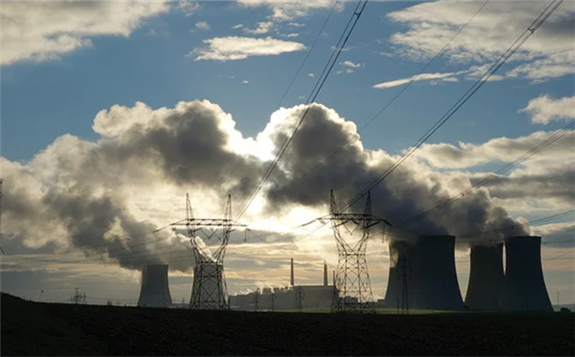The Czech government has postponed a tender to build a $7bn nuclear power plant at Dukovany until after October elections and said it will not invite Chinese companies to participate in a security assessment of potential bidders.
 The Dukovany nuclear power station site in the Czech Republic.
The Dukovany nuclear power station site in the Czech Republic.
The Czech industry ministry said it has decided to invite four bidders including Russia to pre-qualify for a tender to build a new nuclear power plant, but a final decision on who will be allowed to bid will be made after an October election.
The ministry said the Czech Republic will speak to France’s EDF, South Korea’s Korea Hydro & Nuclear Power, Russia’s Rosatom and Westinghouse of the US and will ask them to provide “comprehensive information on how they will meet the security requirements for suppliers of a new nuclear facility”.
It was announced in January that the Dukovany tender would probably go ahead without a Chinese bidder following an agreement between the Czech government and leaders of opposition parties.
The parties were said to remain divided about proposals by some politicians to exclude Russia from the tender.
Reports first emerged in December 2020 that the tender for Dukovany could be delayed as politicians discuss whether to allow Chinese and Russian bidders to take part due to security concerns.
According to the reports, the plan for majority state-owned utility ČEZ to build a single unit at the site ran into demands from security services and five opposition parties to exclude Russia’s state nuclear corporation Rosatom and China General Nuclear Power (CGN) due to perceived security risks to the Nato and EU member country.
The Czech nuclear regulator SÚJB recently issued a siting permit for up to two new reactor units at the Dukovany site in the south of the country.
Czech state utility ČEZ has said it is planning to build one Generation III+ reactor at the Dukavny site, with a maximum installed capacity of 1,200 MW. However, the company filed for permission to build up to two new units.
There are four Russia-designed VVER-440 reactor units at the Dukovany site and the government has said they should be replaced by new ones in about 20 to 30 years.
This article is reproduced at www.nucnet.org